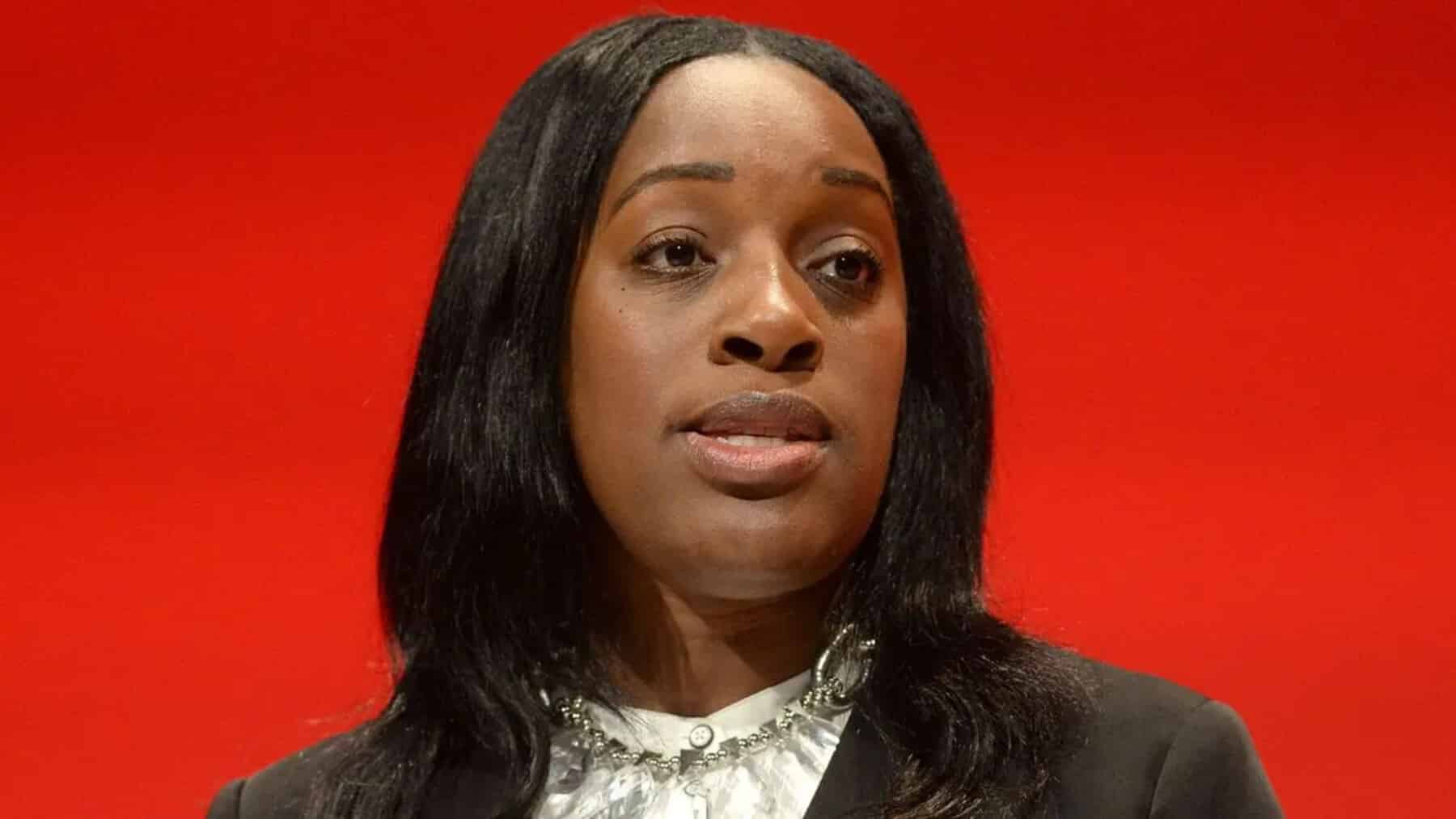Serbia's largest opposition coalition, "Serbia against violence," announced on Tuesday its decision to boycott election re-runs in certain regions, following over a week of protests fueled by claims of electoral fraud. The coalition's declaration, made just four days ahead of the scheduled re-run on December 30 in 30 selected polling stations out of over 8,000, underscores the deepening rift over the legitimacy of the electoral process.
The controversy stems from Serbia's parliamentary and local elections held on December 17, where President Aleksandar Vucic's party asserted a commanding victory. However, the main opposition coalition, "Serbia against violence," vehemently denounced what it alleges to be electoral fraud. Their specific claim revolves around the accusation that voters from neighboring Bosnia were allowed to cast ballots illegally in the capital, casting a shadow over the integrity of the electoral outcome.
The decision to boycott the re-runs amplifies the opposition's stance against perceived irregularities and challenges the credibility of the electoral process. The ongoing protests, coupled with the opposition's strategic move, highlight the intensity of the political climate in Serbia.
As the nation grapples with internal discord, the implications of the opposition's boycott on the political landscape and public trust in the electoral system become focal points of scrutiny. The developments surrounding these contested elections contribute to a broader narrative of democratic governance and transparency, resonating not only within Serbia but also reverberating internationally.




















